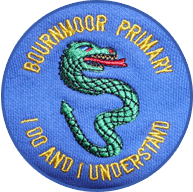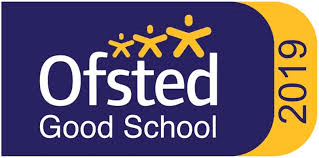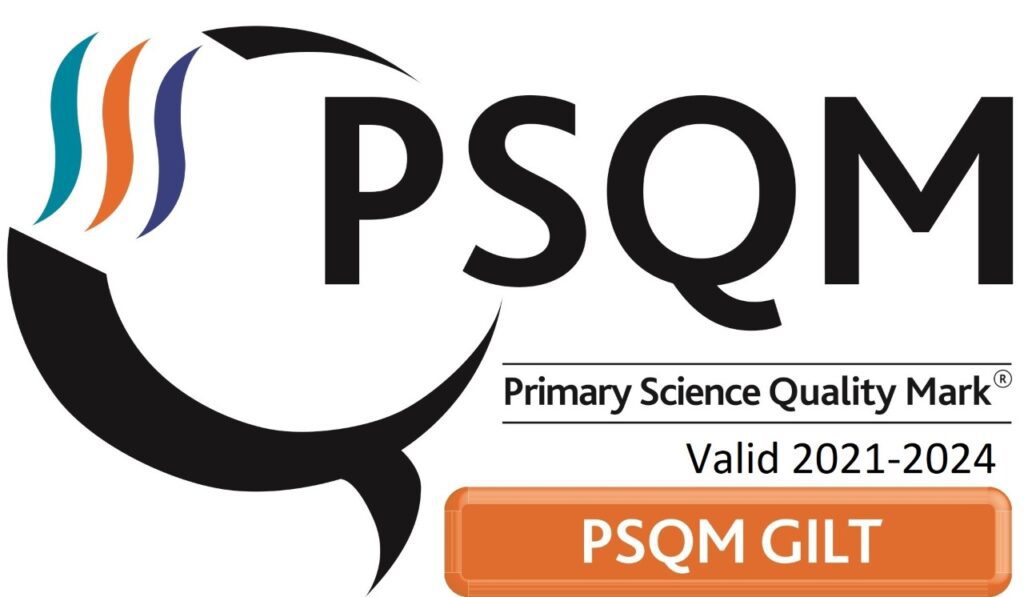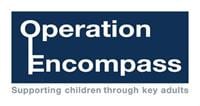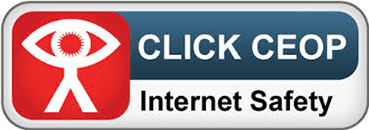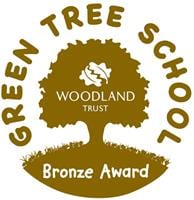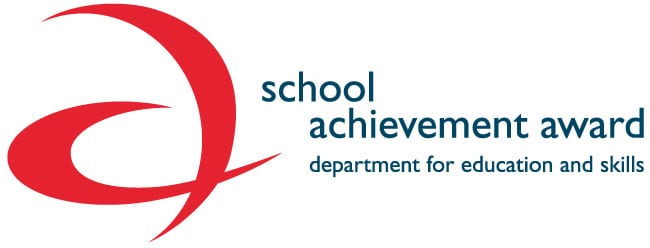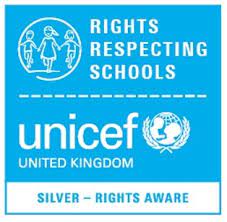Phonics at Bournmoor Primary School
The national curriculum for phonics aims to ensure that all children can:
- read easily, fluently and with good understanding
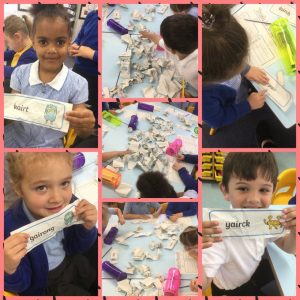
Planning and organisation of the subject
The phonics curriculum follows the National Curriculum objectives and begins in Nursery and is taught specifically until Year Two. We follow the Jolly Phonics scheme for our daily sessions. This is used in conjunction with reading objectives to allow pupils to develop fluency with grapheme-phoneme correspondences, as well as comprehension skills. Pupils are also taught how to read and spell common exception words. In Nursery, before beginning Phase 1, all children take part in the ‘BLAST’ programme. BLAST is ‘Boosting Language Auditory Skills and Talking’ and works on the underpinning skills for language, communication and literacy – turn taking, discrimination, listening, attention and social communication as well as developing basic language skills. In EYFS and Key Stage One, pupils receive daily phonic sessions. Pupils also receive phonics interventions and weekly sheets to practise at home in their “Letters and Sounds” booklet.
Teaching styles and strategies
Phonics is taught in daily sessions as well as through continuous, discrete teaching. Pupils are taught in whole class groups or in smaller intervention groups. Each session follows a “revisit, teach, practise and apply” format. Pupils are introduced to a phoneme and learn this through visual, auditory and kinaesthetic activities. Pupils learn to read and write the phoneme and work is recorded in a phonics workbook.
How the subject is assessed
Foundation Stage
Teachers use daily observations of child-initiated activities and adult led tasks to collect evidence of the level the child is currently working at for the Early Learning Goal “Literacy-Reading”. They use the set proforma for recording meaningful observations and individual work is presented in the child’s ‘Learning Journal’. Observations, annotations and children’s work are used to provide a full picture of the child’s achievement and working level, as well as regular phonic assessment to attain a pupil’s understanding of phonemes and graphemes.
Key Stage One
In Year One, children’s progress is monitored through half-termly assessments and through a phonic screening test in June. Any pupil who does not pass the test in Year One will take the test in Year Two. Regular reading sessions are used to provide a full picture of the child’s achievement and working level, as well as regular phonic assessment to attain a pupil’s understanding of phonemes and graphemes.
Impact
- Our national phonic screening scores are at or above national average.
- We ensure that children learning phonics access a wide variety of engaging lessons that bring phonics to life.
- We have consistency in the teaching of phonics and this is monitored for quality of teaching, effectiveness of resources and impact.
- We have phonic displays around our school to encourage continuous learning by children so they are immersed in a reading-rich environment.
- Phonic sessions are not taught in isolation as they also incorporate spelling elements therefore cementing the link between blending and segmenting.
- The Literacy leader supports the teaching of phonics through monitoring and feedback.
- We ensure that phonics training for all staff is organised to enable a consistent approach to the effective teaching of phonics in our school.
